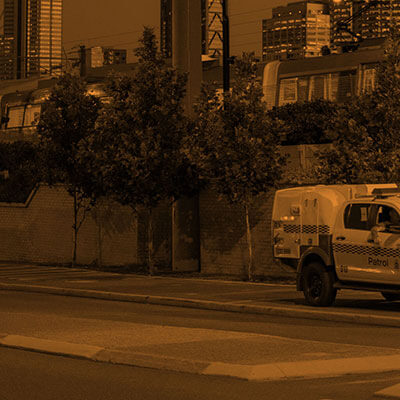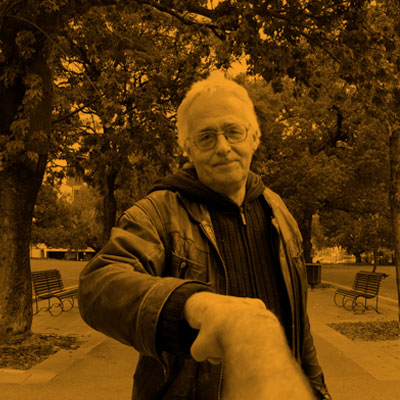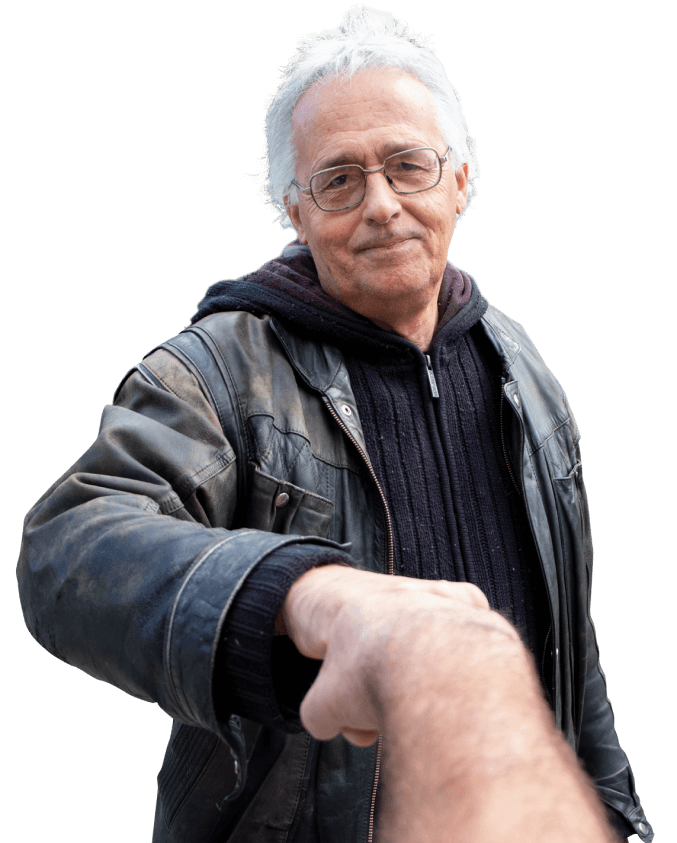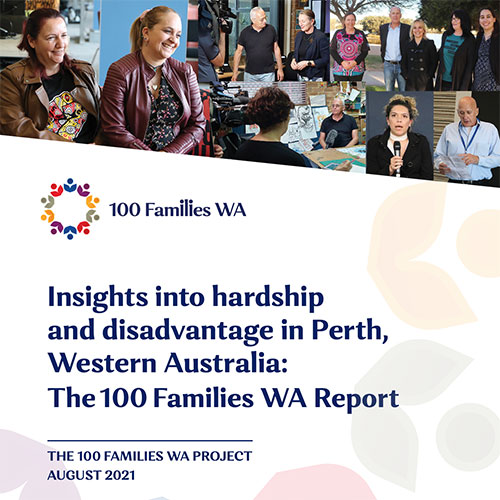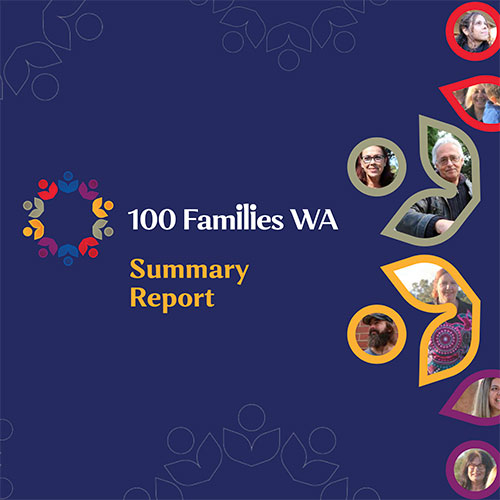By the time I arrive at Centrelink at 9am it is already busy. It’s so embarrassing to be carrying around my bags but where can I put them?
Standing near the entrance I am approached by a staff member who asks how she can help. I ask to speak with a social worker but am told none are available so instead, I take my number, sit down, and wait to be called up.
After waiting for an hour, I finally sit down with a staff member but after 10 minutes she tells me bluntly that she can’t offer me any financial help. Instead, she gives me a list of places I can go to get free food. As she walks away from me she checks her hair in the reflection of the window. She doesn’t care about me or my situation and has no idea what I am going through.
I leave feeling angry but mostly, just sad. What am I going to do now?


